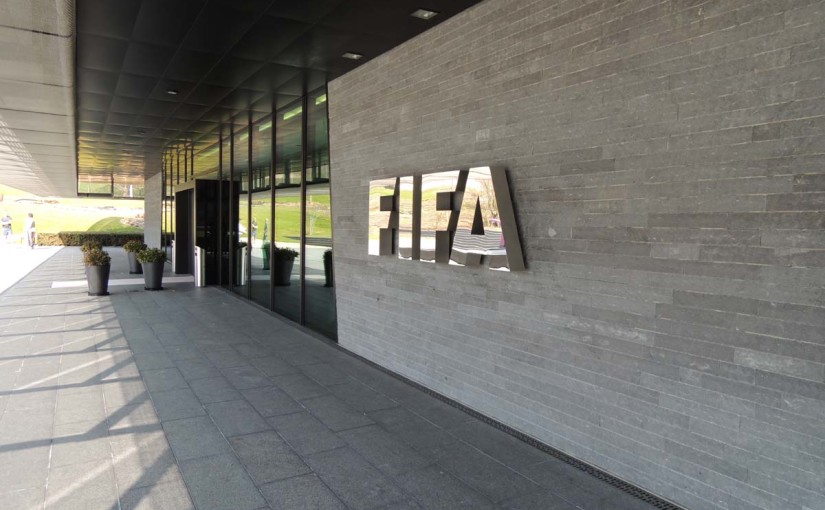By David Owen
December 13 – FIFA is restructuring its sponsorship offer to enable brands to associate themselves specifically with the governing body’s women’s football and e-sports competitions.
The revamp appears sensible, since it should enhance the organisation’s appeal to a wider range of international companies while helping further to speed development of two fast-growing branches of the sport.
It is also much-needed: FIFA’s sponsorship income has shown little growth in recent years, with the body’s new leaders seemingly powerless to reignite this aspect of FIFA’s business in the wake of the tumultuous and reputation-shredding end of the Sepp Blatter era.
Marketing generated $1.66 billion of revenue in 2015-2018, the last completed World Cup cycle, barely changed from the $1.63 billion earned in 2011-2014. This compared with cycle-on-cycle growth of more than 20% for broadcasting rights which, at $3.13 billion for 2015-2018, are comfortably FIFA’s richest revenue stream.
A revised budget for 2019-2022, which was made public in June 2020, projects that marketing rights could edge up to just under $1.77 billion. But this is in the context of a bull market for sports sponsorship for the most attractive properties. The International Olympic Committee’s worldwide sponsorship programme more than doubled in value between that Movement’s 2013-2016 and 2017-2020 business cycles, generating well over $2 billion in cash and value-in-kind in the latest period.
One area where FIFA has enjoyed conspicuous success in recent times is in e-sport licensing revenues – see Esports emerges as a financial super sub. However, a new question-mark appeared over this last October when EA Sports, the US company behind the FIFA video games, said it was “reviewing” its naming rights agreement with the organisation.
FIFA management, meanwhile, has expended much time and energy promoting new men’s football formats and competitions which have precipitated much wrangling with other leading football and sports bodies while attempting to wring yet more revenue out of the same old golden goose.
The official declaration from last Saturday’s 10th Olympic summit, for example, noted that attendees “voiced serious concerns over proposals from FIFA for a biennial World Cup and the impact on the world-wide sport event calendar”.
FIFA President Gianni Infantino, who is also an IOC member and was one of the 27 summit participants, is said to have explained that the ongoing discussions in FIFA were broader in scope than a biennial World Cup, and that what had been presented so far was only the preliminary results, which are still under discussion within FIFA. Infantino was said to have “offered to engage with the Olympic Movement in these discussions”.
According to FIFA chief commercial officer, Kay Madati, the new marketing model will “allow our partners to create more tailored programming and marketing activations that align directly with their strategic business goals”.
Contact the writer of this story at moc.l1744983024labto1744983024ofdlr1744983024owedi1744983024sni@n1744983024ewo.d1744983024ivad1744983024

